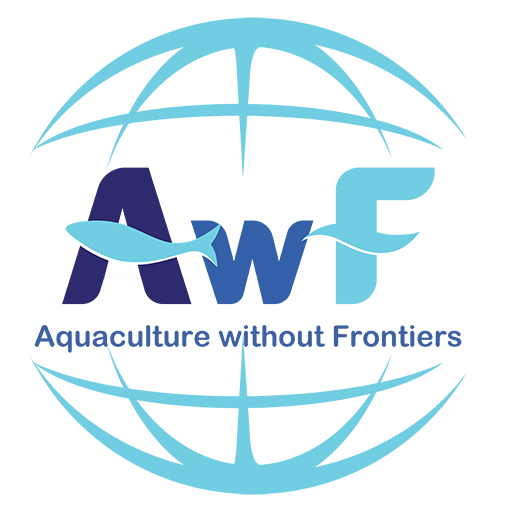Time proves accuracy of AwF founder’s vision
Category:UpdatesMichael New, OBE, founded Aquaculture without Frontiers (AwF) in 2004 and it was launched at the World Aquaculture Society (WAS) meeting in Honolulu, Hawaii. Recently, we had occasion to review the Keynote presentation given by Michael at the WAS meeting in Salvador, Brazil in 2003 wherein his original idea about forming AwF was voiced. In fact, this was the first time the name was mentioned.
We present the full paper arising from that Keynote presentation here (with permission of WAS Magazine editor, Dr. Robert Stickney) for all to read, and to consider how they may help us to achieve the vision presented 8 years ago. The Keynote PowerPoint presentation is available by clicking here.
AwF director Dr Kevin Fitzsimmons remarked in a recent email to Michael, “It was great to reread the paper. Your foresight is a bit amazing almost ten years later.”
Michael’s final words in the keynote after introducing the concept for AwF were a quotation from Oscar Wilde: “Nothing is worth doing except what the world says is impossible”. Obviously, it was and still is possible!
The original paper was published by WAS with the following reference: New, M.B., 2003. Responsible aquaculture: is this a special challenge for developing countries? World Aquaculture, 34(3):26-30, 60-68, 72.
